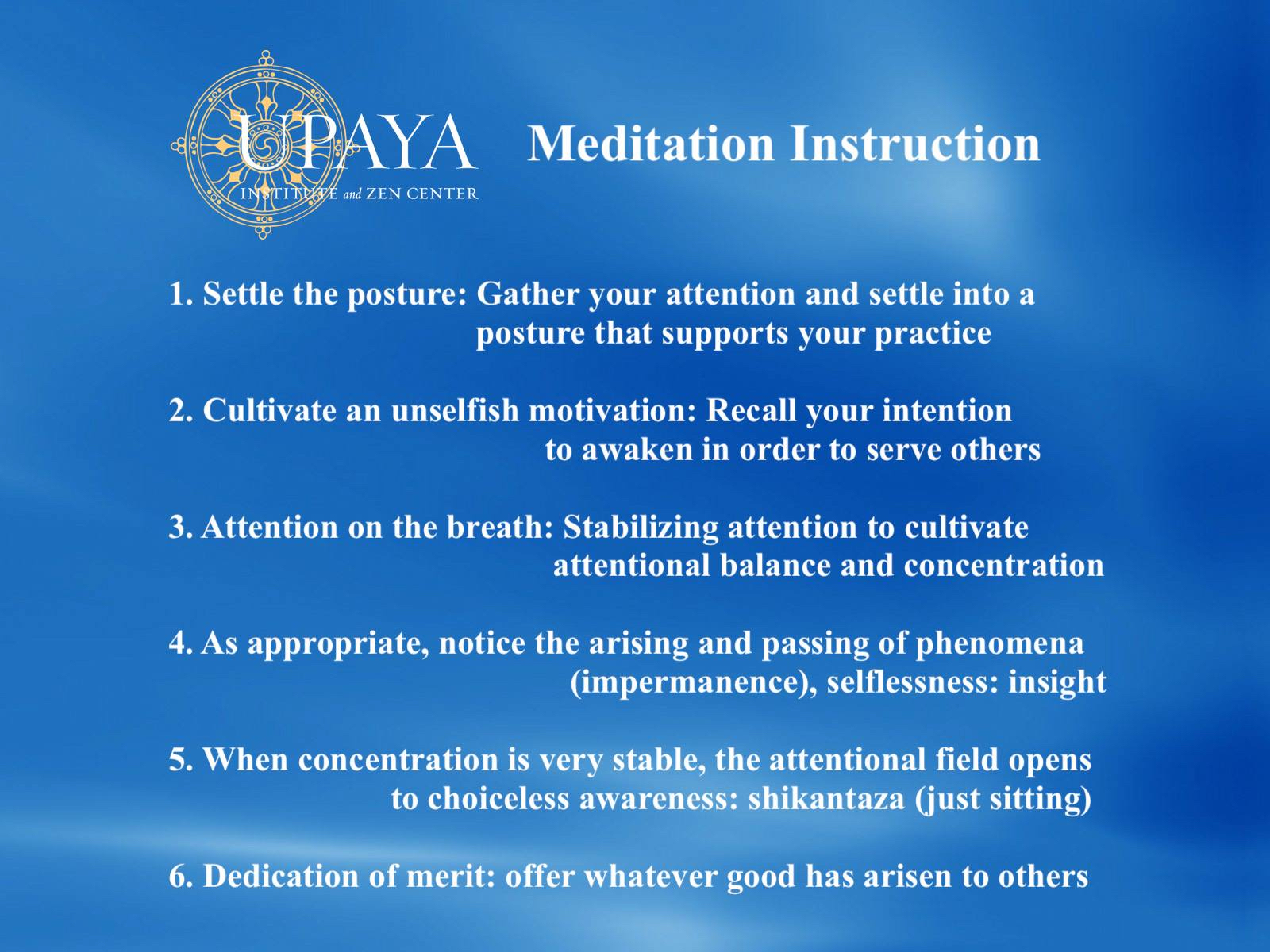As colleges and universities across the country report an explosion of mental health problems, a new book argues that college life may be more stressful than ever. Dr. Anthony Rostain, co-author of The Stressed Years of Their Lives, notes that today’s college students are experiencing an “inordinate amount of anxiety” — much of it centered on “surviving college and doing well.”
introduction to NPR’s Fresh Air interview with the book’s authors, 28 May 2019
College has always been stressful. I can recall my own first days of college, and I have also spent the past four decades observing what incoming (and returning) students go through year after year. And, to best of my recollection, much of that stress has derived from our wish to not only survive the experience, but to also handle every academic and social challenge perfectly.
Life can be very fine in so many ways, but it is never, never perfect. The image we try to measure ourselves against is ill-conceived (define an all-encompassing ‘perfect life’ for me).
Understanding the impossible nature of perfection is not an excuse for turning our backs on effort, on goals, and on life. But to see the images of perfection as they arise in our minds and to set them aside, and to likewise see the self-judgments arise that we are somehow defective or lacking and to set them aside as well, this is the opportunity that a meditation practice can offer.
The interview is worth listening to. The sources of stress that college students routinely deal with go far beyond what I have mentioned here, and from my observations, they seem endemic in society as a whole. We must help each other heal.

